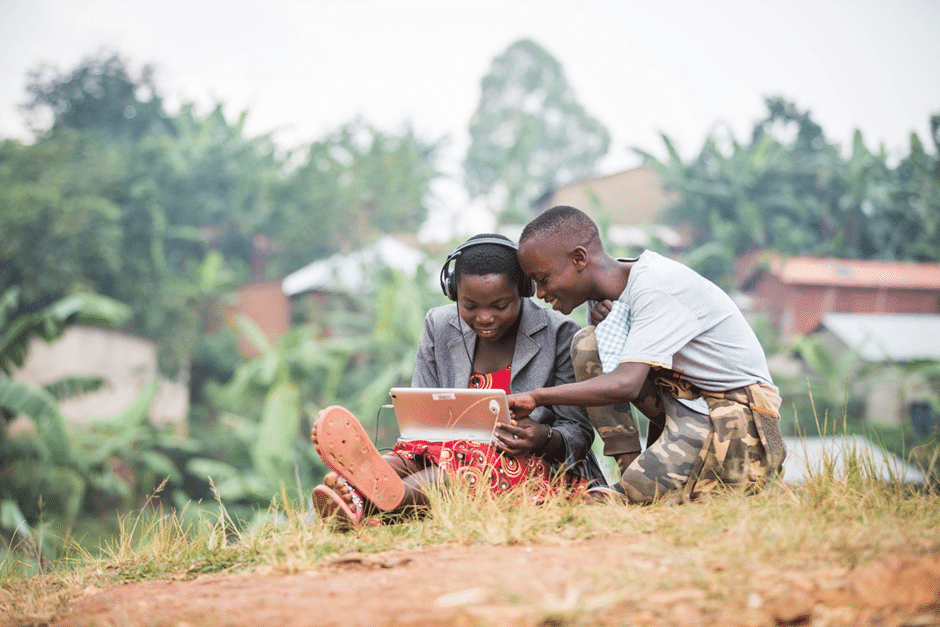We Must Bring Digital Literacy to Remote Communities
In the semi-arid eastern region of Kenya, the Kamba community, a remote indigenous group, recently witnessed a monumental change: the arrival of Starlink internet connectivity, marking a significant technological leap. After only nine months, the community is already encountering a barrage of challenges that urban societies have grappled with over decades: addiction to digital devices, exposure to online scams, and the spread of misinformation, among others. While the benefits of this connectivity are undeniable, the sudden plunge into the digital world highlights an urgent need for digital literacy initiatives tailored to such remote communities.

The introduction of high-speed internet in previously disconnected areas underscores the digital divide in infrastructure but also raises questions about preparedness. The Kamba, like many other remote communities, face an uphill battle in navigating the complexities of the internet safely and effectively. Basic challenges, such as the lack of affordable devices and reliable electricity, continue to hinder widespread access. However, solving the infrastructure issue is only the first step. Without adequate education on how to use digital tools responsibly and effectively, the newfound connectivity risks doing more harm than good.
Digital literacy is about more than simply teaching people how to operate smartphones or browse the web; it involves fostering critical skills that empower individuals to distinguish credible sources, protect their privacy, and use technology to improve their lives. For the Kamba community, access to digital tools could revolutionize traditional practices, such as farming and trade, by providing real-time weather updates and market prices. Similarly, e-learning platforms could help children in the region access quality education that was previously out of reach. However, the absence of structured digital literacy programs means that many opportunities remain untapped while vulnerabilities grow.

The impact of digital literacy is particularly pronounced when women and youth are prioritized. In patriarchal settings like parts of the Kamba community, women have traditionally been excluded from decision-making processes, but digital tools offer a chance to bridge this gap. Initiatives aimed at equipping women and young people with digital skills can not only empower them but also create ripple effects of positive change throughout the community. For example, a digitally literate woman can leverage technology to start a small business or educate her children, multiplying the benefits of connectivity.
Ultimately, bringing digital literacy to remote communities like the Kamba requires collaboration among governments, NGOs, and private companies. Programs must be culturally sensitive, addressing unique local needs while emphasizing responsible internet use. As the Kamba’s experience with Starlink demonstrates, connectivity alone is not enough. Without education and support, the digital world can become a double-edged sword. By prioritizing digital literacy, we can ensure that technological advancements truly empower remote communities, enabling them to navigate the modern world without losing their unique identity and heritage.




